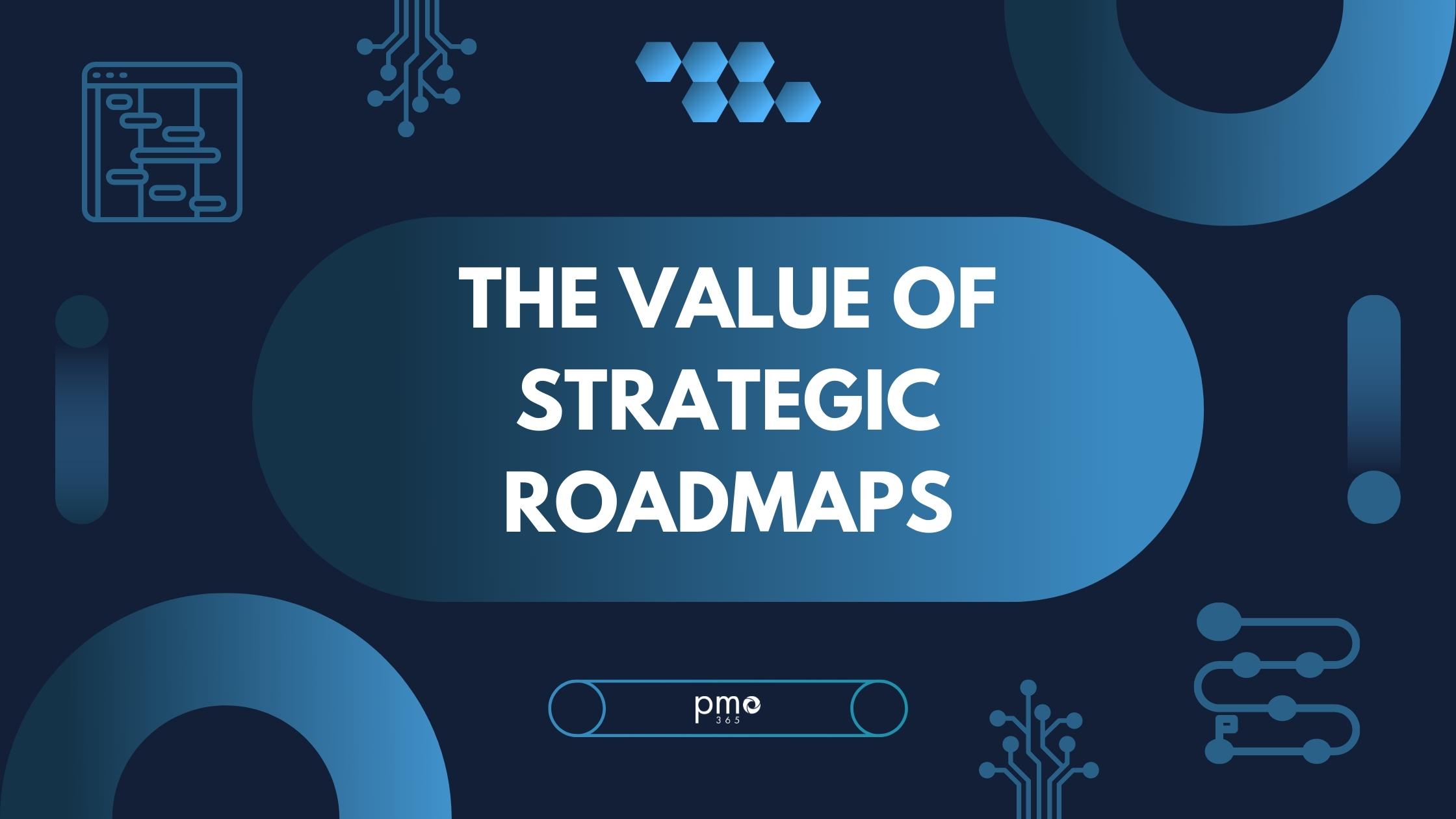As part of our How to Build a PMO That Thrives series, one of the defining characteristics of a high-performing PMO is its unrelenting focus on delivering value.
A thriving PMO ensures that every process, measurement, and mindset centres on achieving outcomes that align with organisational strategy. It is not enough for projects to finish on time and within budget; they must deliver the benefits and impact promised in their business cases.
Below are several strategies that help embed value delivery and benefits realisation at the heart of the PMO’s operating model.
Integrate benefits realisation into the project lifecycle
The PMO should ensure that every project begins with a clear business case and a defined set of expected benefits, whether financial or non-financial. Throughout execution, progress toward these benefits should be monitored and validated.
After project completion, the PMO, in partnership with business owners, should track the actual results against the original targets. If benefits fall short, the PMO must help analyse the reasons. Was the solution not fully implemented? Were the original assumptions inaccurate? Has the business environment changed?
By doing this, the PMO drives accountability for outcomes rather than outputs and helps the organisation learn from each initiative to improve future performance.
Prioritise projects by value contribution
When selecting or continuing projects, use value-based criteria rather than political or subjective ones. Methods such as cost-benefit analysis, strategic alignment scoring, or weighted scoring models can help compare diverse initiatives on a common value scale.
Projects that contribute marginal value or no longer align with strategic goals should be paused or cancelled, even if they are sponsored by influential stakeholders. A value-focused PMO is not afraid to recommend terminating low-value projects to redirect resources to higher-impact initiatives.
This approach keeps the portfolio optimised and ensures that investment decisions always support strategic outcomes.
Include benefit KPIs on PMO dashboards
A thriving PMO measures what matters most. Beyond tracking timelines and budgets, the PMO should include benefit metrics in its reporting dashboards.
For example, it could measure the percentage of projects that achieve their intended business benefits, the total dollar value of realised benefits, or the improvement in operational KPIs linked to project outcomes. Some PMOs even track benefit-to-cost ratios across the portfolio.
This shift in measurement changes the conversation from “on time, on budget” to “on value.” Research from the Project Management Institute (PMI) shows that organisations with formal benefits realisation practices have significantly higher project success rates, yet many PMOs still underperform in this area. Making benefits realisation a core focus is a major opportunity for improvement.
Measure customer and stakeholder value
Not all value is financial. A thriving PMO also monitors stakeholder and customer satisfaction with project outcomes. Did end users receive what they needed? Did the change deliver the intended experience?
The PMO can measure this through surveys, adoption metrics, or engagement data. For example, when deploying a new CRM system, track how many salespeople actively use it post-rollout. Adoption rates are a reliable proxy for delivered value.
By keeping a pulse on stakeholder satisfaction, the PMO ensures projects create real, measurable impact for the people they serve.
Bridge the strategy execution gap
The most advanced PMOs evolve into what is sometimes called a Strategy Realisation Office (SRO). Rather than focusing solely on project delivery, these PMOs ensure that strategic intent translates into tangible results.
This involves coordinating projects, transformation programs, and change initiatives across people, processes, and technology to achieve enterprise-wide outcomes. As the Harvard Business Review explains in Why Strategy Execution Unravels—and What to Do About It by Donald Sull, Rebecca Homkes, and Charles Sull, many organisations fail not because of poor strategy, but because of execution and alignment gaps.
Why value-focused PMOs earn executive trust
When a PMO consistently delivers and measures tangible business value, it becomes an indispensable part of the organisation. Executives and board members care deeply about results. A PMO that can demonstrate its contribution to revenue, profitability, customer satisfaction, or mission fulfilment will always have their respect and support.
Moreover, such a PMO naturally becomes a driver of continuous improvement. Every project outcome offers lessons that feed back into planning, governance, and capability development, creating a virtuous cycle of learning and performance enhancement.


.png)




.png)
.png)
.png)

.png)

